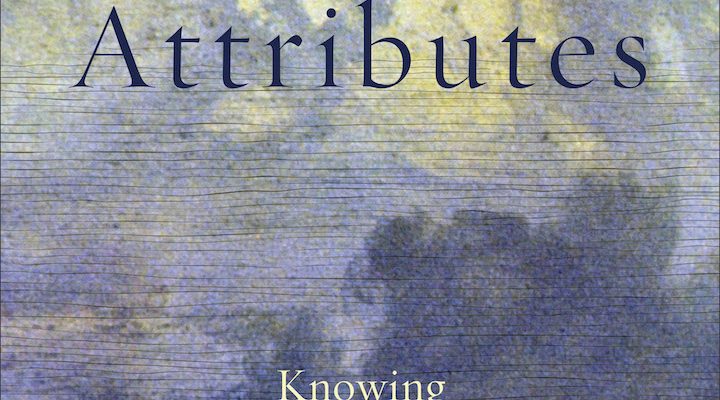John Peckham calls his conception of God covenantal theism. To make the case for covenantal theism, he uses a two-fold standard. Theological concussions must be biblically warranted and systematically coherent (250). Through this biblical and systematically coherent method, Peckham aims to describe God according to Scripture.
His goal is to better understand the nature and attributes of God (1). In pursuit of this understanding, he asks key questions about God that he believes the Bible can answer. “These questions include: Does God change? Does God have emotions” Does God know everything, including the future? Is God all-powerful? Does everything occur as God wills? Is God entirely good and loving? How can God be one God and three persons?” (1).
In this sense, even though Peckham aims to discern God according to biblical warrant, he nevertheless starts with a set of questions. I say this not as a critique but a clarification of how Peckham makes his argument. That said, Peckham’s Divine Attributes is full of Bible. In the first pages, Peckham lists biblical patterns of speech about God before summarizing these patterns. He also interacts widely with other contemporary writers, even some less known but important authors like James Dolezal.
Peckham summarizes his argument economically and in more than one place. By covenantal theism, he aims to describe God as the Bible describes him. The term covenantal conveys “that God enters into real back-and-forth relationship with creatures but does so voluntarily, remaining transcendent even as he condescends to be with us (immanent)” (37). He then defines the attributes he discerns in Scripture: “In brief, covenantal theism affirms God’s aseity and self-sufficiency, qualified immutability and passibility, everlasting eternity, omnipresence, omniscience, omnipotence and sovereign providence, conventional action, omnibenevolence, and relational triunity” (37).
He will also talk about God being analogically temporal and in a real relation with the world through, as noted, a back-and-forth covenantal relationship (250). He elsewhere explains: “While God’s essential nature is changeless, the covenantal God of Scripture changes relationally because he voluntarily engages in back-and-forth (covenant) relationship with creatures while always remaining the same trinitarian God who was and is and is to come” (254). While he claims to hold to a qualified immutability and impassibility, such statements do not seem to match historic idioms and notions of these concepts. Of the latter, in the context of a theodicy of love, Peckham notes that “the voluntary suffering of God of the cross suffers most of all” (253). As I will argue below, this language appears in the tradition but not in the way that Peckham uses it.
He also does not affirm simplicity (241) and defines the Trinity along social trinitarian lines (244). Each person of the Trinity has “a distinct faculty of reason, will, and self-consciousness” (253). When it comes to trinitarian relations, he sees no biblical warrant for eternal relations of origin, eternal generation either (237). Again, these conclusions flow out of his method of biblical warrant and systematic coherence. With this method and Peckham’s conclusions summarized, I want to reflect on his method (he calls it canonical theology), which relies on biblical warrant and systematic coherence. [Read more…] about Divine Attributes: Knowing the Covenant God of Scripture by John C. Peckham (A Really Long Review)
